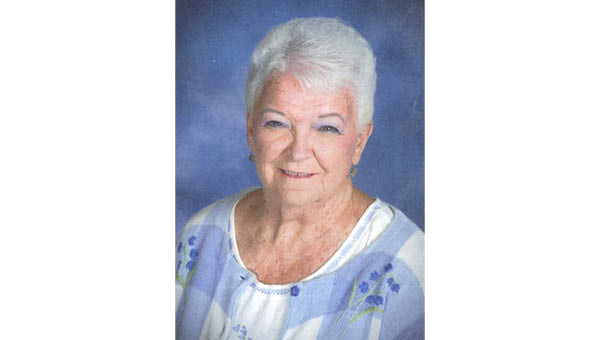ETSU/NORC study finds rural patients face greater challenges to substance use disorder treatment
Published 2:11 pm Monday, May 15, 2023
|
Getting your Trinity Audio player ready...
|
New analysis shows rural residents living with a substance use disorder are more likely to be ordered into inpatient care by court or law enforcement than urban residents
JOHNSON CITY – A new analysis from the East Tennessee State University/NORC Rural Health Equity Research Center finds that people living in rural areas of the United States face greater challenges accessing substance use disorder (SUD) treatment than people living in urban areas.
The ETSU/NORC Rural Health Equity Research Center is a partnership between the Addiction Science Center and Center for Rural Health Research, in the ETSU College of Public Health.
The study shows that rural residents are four-and-a-half times more likely than urban residents to be admitted to inpatient treatment through a court order or by law enforcement and nine times less likely to have access to buprenorphine, a medication for opioid use disorder that suppresses withdrawal and relieves opioid-related cravings in a safe and controlled way.
According to some estimates, more than 20 million people in rural counties struggle with SUD and face greater challenges accessing SUD prevention and treatment services compared to urban residents, resulting in more inpatient hospital stays. The study authors note that opioid-related inpatient hospital stays nearly doubled over the last decade.
“There is a desperate need for more effective SUD treatment and prevention policies in rural areas from coast to coast,” said Craig Holden of the NORC Walsh Center for Rural Health Analysis. “While all areas of the country face a SUD epidemic, rural areas have been hit hardest and currently have limited resources to address the crisis.”
The study also looked at the financial costs of the crisis, finding that Medicare and Medicaid are the primary payers of SUD inpatient hospital stays in rural areas, while private insurance covers more urban inpatient hospital stays. In total, Medicare and Medicaid pay for more than 68% of SUD inpatient hospital stays in rural areas compared to 60% in urban areas.
“Substance use disorders, including alcohol, take too many lives in rural areas and contribute to the decrease in life expectancy in rural communities,” said Alana Knudson, director of the NORC Walsh Center. “If prevention and treatment resources were more accessible in rural areas, it would improve lives and increase economic opportunities for rural residents.”
Robert Pack, director of the ETSU/NORC Rural Health Equity Research Center said, “Most people with substance use disorder are able to resolve it over time. Their chances are greatly improved with access to high-quality treatment. This study further highlights the importance of attention to those who live in rural areas and the urgency to bring equitable health resources to them.”
Learn more at www.etsu.edu/cph/rural-health-equity/.






